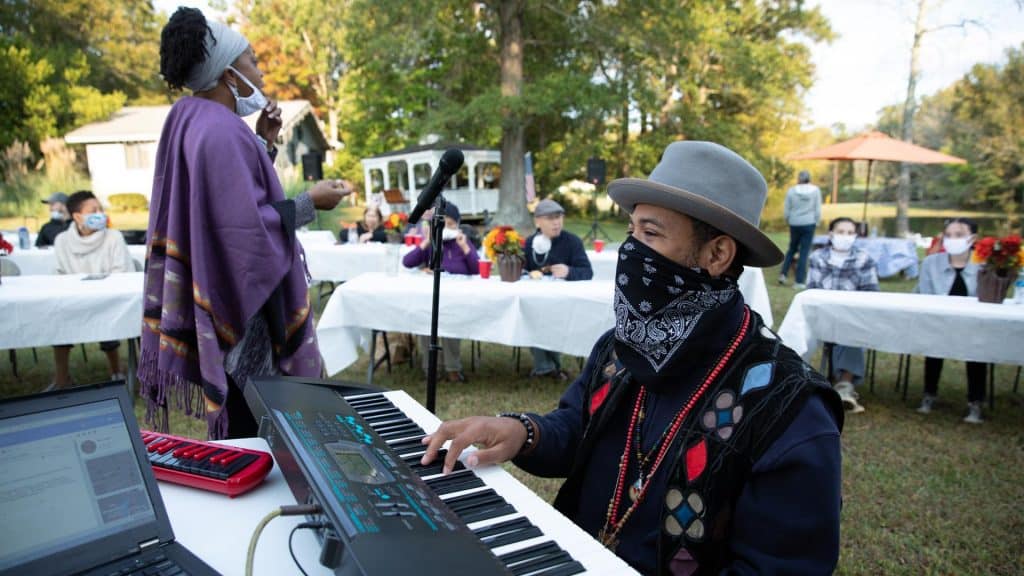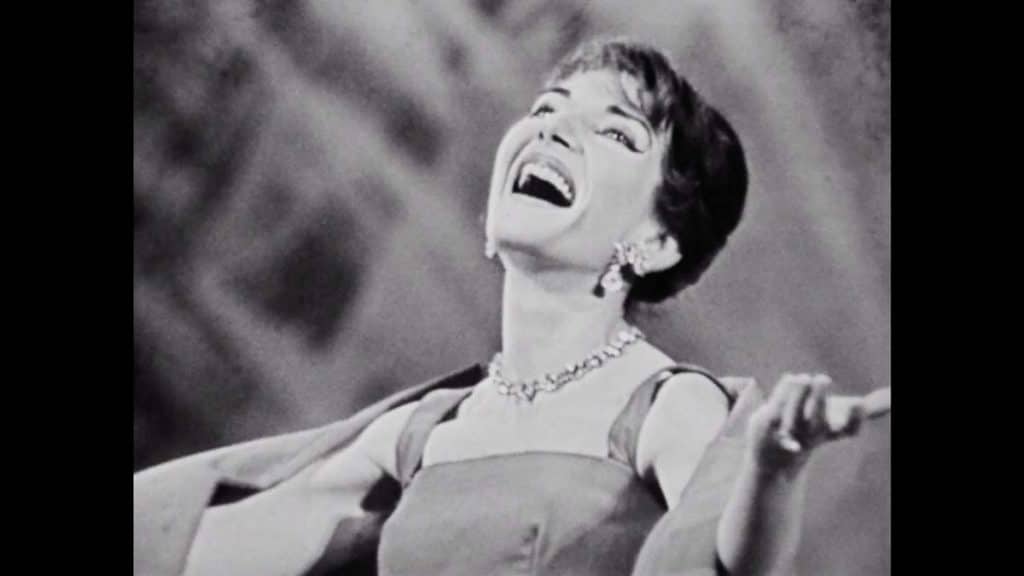Read also:
How to Watch FX Live Without CableHow To Watch AMC Without CableHow to Watch ABC Without CableHow to Watch Paramount Network Without CableDocumentaries from Zac Manuel, Garrett Bradley, Dilsey Davis, and more highlight a difficult year taking its furtive steps back into a potentially post-COVID world.
It seems like fate that my first venture back into the AFI Silver Theater since it closed due to COVID-19 would be to watch documentaries looking back at life in 2020. Playing as part of this year’s AFI Docs Film Festival, the Hindsight Project is an initiative of CAAM, Firelight Media, and Reel South whereby BIPOC filmmakers reflect on the pandemic’s social and political impact on communities of color.
The program starts with Zac Manuel’s This Body, tracing skepticism in the Black community toward the COVID vaccine to the racist history of the medical field using Black people as guinea pigs. In 15 short minutes, it deftly navigates how people weigh a prospective end to the COVID nightmare against a justified distrust in the US government. Institutional neglect and culpability are highlighted in most of these docs. Anissa Latham’s Missing Magic uses poetry and the history of Birmingham to engage conversations around how the pandemic and the Black Lives Matter protests together revealed the US government’s general acceptance of death.

Some of the movies examine the different ways people used media to cope with alienation and loneliness. Dilsey Davis’s Now Let Us Sing showcases both how music has been affected by and how it’s helped people under quarantine. Both Kiyoko McCrae’s We Stay in the House and Amman Abasi’s Udaan utilize different forms of media to express life during COVID. The former examines family dynamics – especially those of mothers and children – shifting and changing in quarantine, and the latter follows a young woman leaving her family in Karachi to attend college in Arkansas using the internet to combat the separation and her anxiety.
Food shortages have also affected many areas during COVID, as seen in Comida pa’los pobres, which focuses on a food redistribution initiative in Puerto Rico called Comedores Sociales. We are taken through their food drives, protest campaigns, and eventual clash with police, after which lead activist Giovanni is arrested and jailed. He sings songs of protest deep into the night, saying he “wants the guards to hear me in their dreams while they sleep.” As its name suggests, the Hindsight Project aims to look back at 2020 with a clearer vision. Hopefully, its ultimate effect will be that viewers accurately assess who did good and who abandoned us.
Outside the Hindsight program, Garrett Bradley and Sergei Loznista also premiered new works at AFI Docs. Those familiar with Bradley’s previous masterful and singular Time (2020) will find her new as-yet-untitled project on tennis star Naomi Osaka more conventional, but still demonstrating her penchant for soulful storytelling. Presented as a short film, but in fact part of a longer series that will soon be on Netflix, it’s a compilation of intimate footage of the athlete, shaping her unique history as someone of Black and Japanese descent on the world stage.

Loznista’s A Night at the Opera is a fun and energetic nostalgia picture that recounts the royal celebrity culture surrounding an opera premiere at the Palais Garnier. Similar to Goodbye, Dragon Inn (2003) and Shirin (2008), it sees an art form and the culture around it work hand in hand to create a moment in history.
Finally, the standout feature of the festival was Firouzeh Khosrovani’s Radiograph of a Family, a remarkable work hearkening to the hybrid model of great films like Clio Barnard’s The Arbor (2010). Historical fact melds with the filmmaker’s own creative methods of retelling that history, as Khosrovani recounts her parent’s marriage and the impact that Iran’s Islamic Revolution had on it. She lays bare the subjective nature of history, and how her film is but one of many conscious interpretations of it.
That sums up well this year’s experience at AFI Docs, where our subjective experiences over a difficult year all come together to form our collective truth.